The DBpedia Association was founded in 2014 to support DBpedia and the DBpedia Community. Since then we are making slow, but steady progress towards professionalizing DBpedia for its users and forming an effective network out of the loosely organised DBpedia community. The DBpedia Association is currently situated in Leipzig, Germany and affiliated with the non-profit organisation Institute for Applied Informatics (InfAI) e.V. If you are interested in details, please read the Charter of the DBpedia Association or contact us via dbpedia@infai.org.
Association Organigram
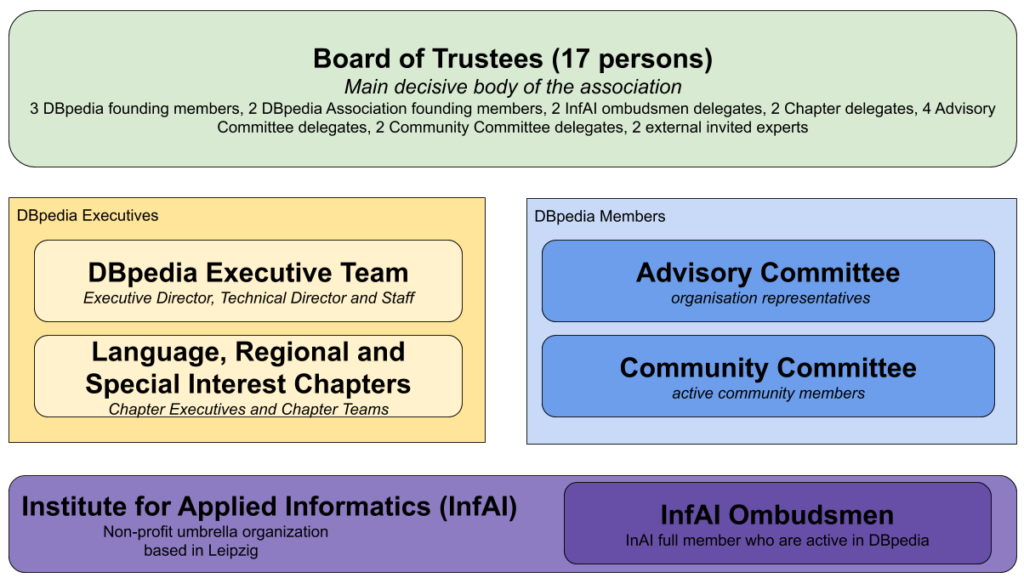
DBpedia Board of Trustees
The Board of Trustees is the main decision-making body of the DBpedia Association and oversees the association and its work, as its ultimate corporate authority. You can contact the board by writing to dbpedia-board[at]lists.informatik.uni-leipzig.de. The next DBpedia Board meeting will take place as follows:
- February 7, 2023, at 5pm CET.
Current Board Members
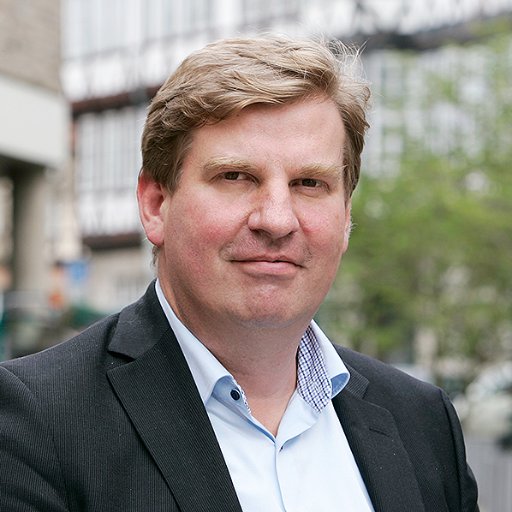 | Prof. Dr. Sören Auer | Before being appointed Director of TIB, Sören led the “Enterprise Information Systems (EIS)” department at Fraunhofer Institute for Intelligent Analysis and Information Systems IAIS and held a Chair in Enterprise Information Systems at the University of Bonn. After studying Mathematics and Computer Science at Hagen, Dresden and Yekaterinburg, Sören earned a PhD in Computer Science at Leipzig University. This was followed by posts as post-doctoral researcher at the University of Pennsylvania and at Leipzig University, where he led the “Agile Knowledge Engineering and Semantic Web” (AKSW) research group. |
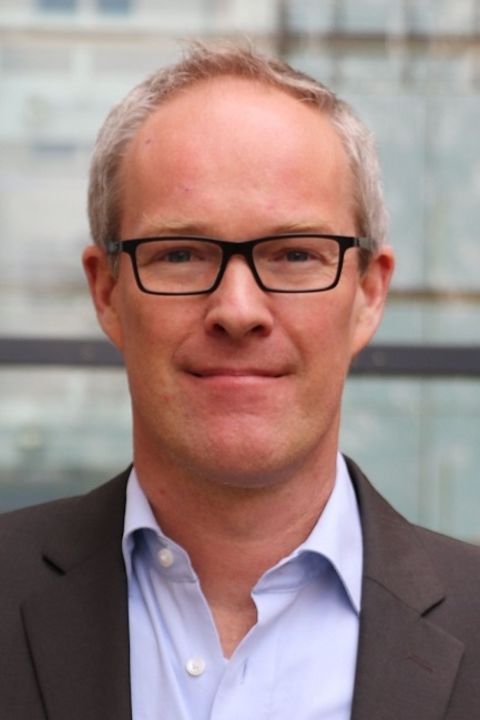 | Prof. Dr. Christian Bizer | Christian explores technical and empirical questions concerning the development of global, decentralized information environments. His current research focus is the evolution of the World Wide Web from a medium for the publication of documents into a global dataspace. He initialized the W3C Linking Open Data community effort which is interlinking large numbers of data sources on the Web. He co-founded the DBpedia project and he also initialized the WebDataCommons project which monitors the adoption of schema.org, RDFa, JSON-LD, Microdata, and Microformats on the Web by analysing large Web crawls. His technical research focuses on the integration of data from large numbers of Web data sources and includes topics such as information extraction, identity resolution, schema matching, data fusion, and data search. Christian Bizer holds an appointment as full professor at the University of Mannheim, where he leads the Focus Group Web-based Systems of the Data and Web Science Group. Before moving to Mannheim, he headed the Web-based Systems Group at Freie Universität Berlin. |
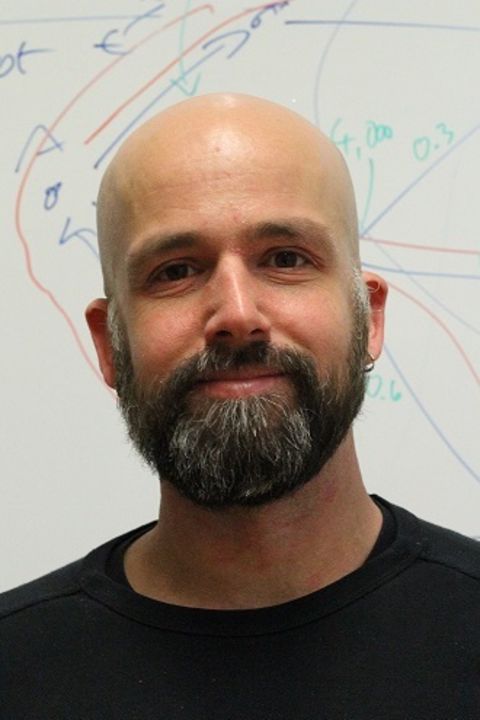 | Prof. Dr. Heiko Paulheim | Heiko is Chair of the Web Data Mining Group at the University of Mannheim. This group focuses on the curation, refinement, and use of Web-scale knowledge graphs. His group developed large-scale resources like DBkWik and CaLiGraph, and frameworks such das RDF2vec. He is involved in different national and international projects which utilize knowledge graphs in various scenarios, from analyzing the societal impact of AI to supporting mixed teams of AIs and humans in Industry 4.0. Heike is also the Program Director of Mannheim Master in Data Science, which was one of the first Data Science Master degree programs in Germany. |
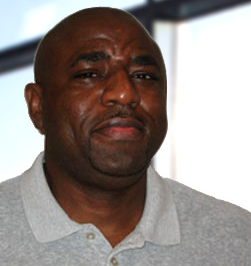 | Kingsley Idehen | Kingsley is Founder, President, and CEO of OpenLink Software, a privately held company he started in 1992. OpenLink Software is an industry acclaimed technology innovator and leading provider of Data Access, Integration, and Management technologies such as Virtuoso, Data Access Drivers for ODBC and JDBC, Structured Data Sniffer, YouID, and more. |
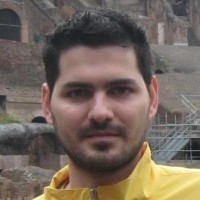 | Dr. Dimitris Kontokostas | Dimitris was a Knowledge Engineer and Semantic Web researcher at University of Leipzig and the DBpedia Association before he started working for Diffbot in 2019. His (research) interests focus around knowledge representation and knowledge management of large-scale knowledge graphs and data quality. Dimitris is a co-editor of SHACL, the upcoming W3C recommendation for data validation and the creator of RDFUnit, a popular tool and unit-testing framework for RDF validation. |
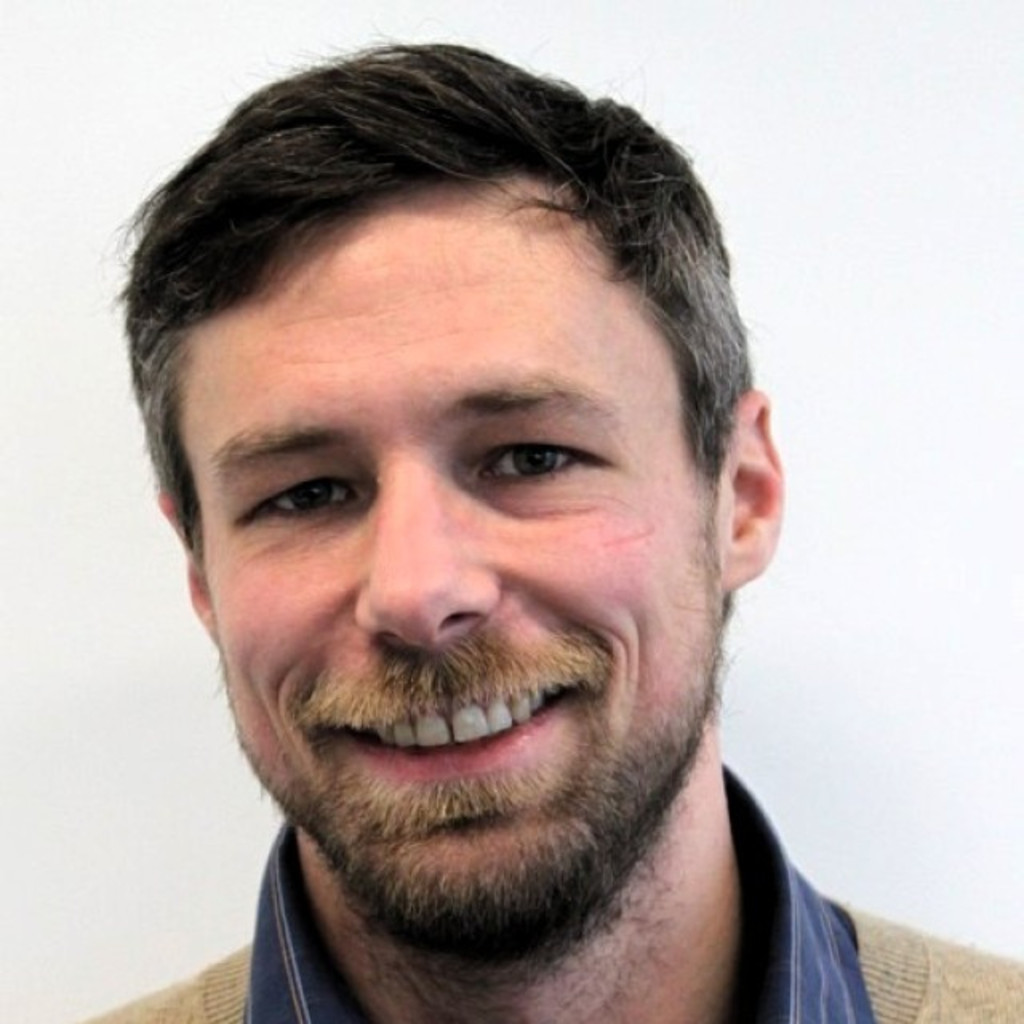 | Dr.-Ing. Sebastian Hellmann | Sebastian is a senior member of the “Agile Knowledge Engineering and Semantic Web” AKSW research center, which currently has 50 researchers (PhDs and senior researchers) focusing on semantic technology research – often in combination with other areas such as machine learning, databases, and natural language processing. Sebastian is head of the “Knowledge Integration and Language Technologies (KILT) Competence Center at InfAI. Sebastian is contributor to various open-source projects and communities such as DBpedia, NLP2RDF and OWLG and wrote code in Java, PHP, JavaScript, Scala, C & C++, MatLab, Prolog, Smodels, but now does everything in Bash and Zsh since he discovered the Ubuntu Terminal. Sebastian is the author of over 50 peer-reviewed scientific publications (h-index of 18 and over 3500 citations) and a not-yet-deleted Wikipedia article about Knowledge Extraction. Sebastian was chair at the Open Knowledge Conference in 2011, the Workshop on Linked Data in Linguistics 2012, the Linked Data Cup 2012, the Multilingual Linked Data for Enterprises 2012 workshop, the NLP & DBpedia Workshop 2014, the SEMANTiCS 2014, SEMANTiCS 2015, SEMANTiCS 2016 and SEMANTiCS 2017 conference as well as the KEKI Workshop 2016. |
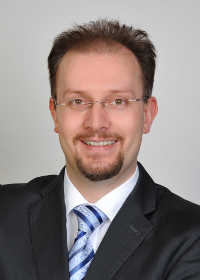 | Prof. Dr. Jens Lehmann | Jens leads the „Smart Data Analytics“ research group at the University of Bonn and Fraunhofer IAIS with 50 researchers. His research interests involve Semantic Web, machine learning, question answering, distributed computing and knowledge representation. He coordinates the Fraunhofer IAIS branch in Dresden, where his team develops state-of-the-art Conversational AI methods. He is founder, leader or contributor of several community research projects, including SANSA, DL-Learner, AskNow, DBpedia and LinkedGeoData. He coordinated the EU FP7 project GeoKnow along with several other leading roles in large-scale European and national collaborative research projects. Previously, he completed his PhD with „summa cum laude“ at the University of Leipzig with visits to the University of Oxford and studied Computer Science at the Technical University of Dresden. |
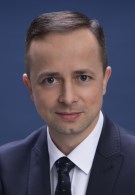 | Dr. Krzysztof Węcel | Krzysztof is an associate professor at the Poznań University of Economics and Business and CEO at I2G. In May 2020 he obtained a habilitation degree from the University of Potsdam. His main research interest is the intersection of semantic web technologies, open data, and machine learning. He has also a significant experience in business intelligence technologies, ranging from data management through data warehousing to data mining and anomaly detection. He has worked with big data in several industrial projects. He has been involved in many EC-funded projects, also in management positions, including a flagship project on linking open data – LOD2. He was a visiting scholar in leading research institutions in Europe, e.g. Leopold-Franzens University of Innsbruck and University of Karlsruhe. He is part of the Polish DBpedia Chapter and joined the association in 2016. |
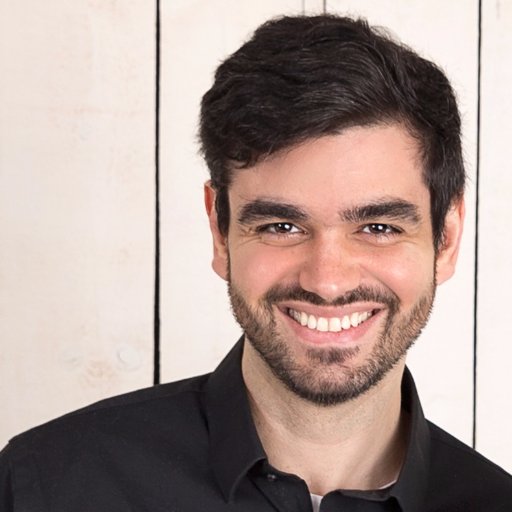 | Filipe Mesquita | Filipe Mesquita is the Vice President of Research at Diffbot. He works on advancing the state-of-the-art in automated knowledge graph construction. He received his Ph.D. from the University of Alberta on the topic of automatically discovering and extracting relationships among named entities from text. His work has been published in top-tier conferences and journals, such as EMNLP, NAACL, SIGMOD, TWEB, and SIGIR. Previously, he has served as Vice President of Data Science at Mitre Media, the parent company of Dividend.com and ETFdb.com. |
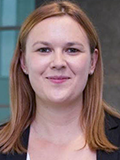 | Julia Holze | Secretary and Treasurer. Julia is head of the Organizational Development of the DBpedia Association in Leipzig. She helps organizing all DBpedia events, like the DBpedia Meetings (Leipzig, Galway, Amsterdam, Lyon, Poznan and Vienna), tutorials or workshops. She was Local Chair and Promotion Co-Chair at the SEMANTiCS 2016. Before starting at the AKSW group in Leipzig she studied Media & Communications at the University of Leipzig. |
| Martin Kaltenböck | External Invited Expert. Martin is co-founder and managing partner of the Semantic Web Company (SWC) and as CFO responsible for financial, legal and organisational issues. Furthermore he leads and works in several national and international research, industry and government projects – mainly in the areas of project management, requirements engineering and communication & community activities.He is tutor and publishes in the fields of semantic data-, information & knowledge management, Linked (Open) Data as well as Open (Government) Data and Semantic AI and Explainable AI. He is lecturer at national and international conferences and business events in the mentioned topics. Martin is Certified Management Consultant since 2006, Member of the Advisory Council of the Open Knowledge (Foundation, UK) and invited expert of the governmental Cooperation OGD Austria. He is working as an invited expert of W3C and is a member of the Steering Board of the European Data Forum that he chaired in 2014. Furthermore Martin is Member of the permanent advisory board of SEMANTiCS (https://www.semantics.cc) conference series. | |
| Christian Dirschl | External Invited Expert. Christian is Chief Content Architect and member of the Innovation & UX team at Wolters Kluwer Germany. He is Co Chair of SEMANTiCS’ Industry track and publishes regularly in the area of AI and Knowledge Graphs. He was work package leader at H2020 Aligned project and is currently associated partner both at CLEOPATRA and SPEAKER projects. He studied Information Science at the University of Regensburg. | |
| Enno Meijers | Enno is chapter lead of the Dutch DBpedia Language Chapter and affiliated to the Koninklijke Bibliotheek, the National Library of the Netherlands. In the past decade he has been involved in a range of national projects where Linked Data and semantic technologies played a central role. The main context for these projects is the cultural heritage domain. At the moment he works as program lead for the Dutch Digital Heritage Network (NDE). | |
| Harald Sack | German DBpedia Language Chapter |
- Did you consider this information as helpful?
- Yep!Not quite ...
